In wellness, achieving a robust and adjusted build surpasses regular exercise routines. Consolidating even draw works out, which centre around the back muscles, becomes critical for further developing stance, turning away wounds, and cultivating harmony in muscle development.
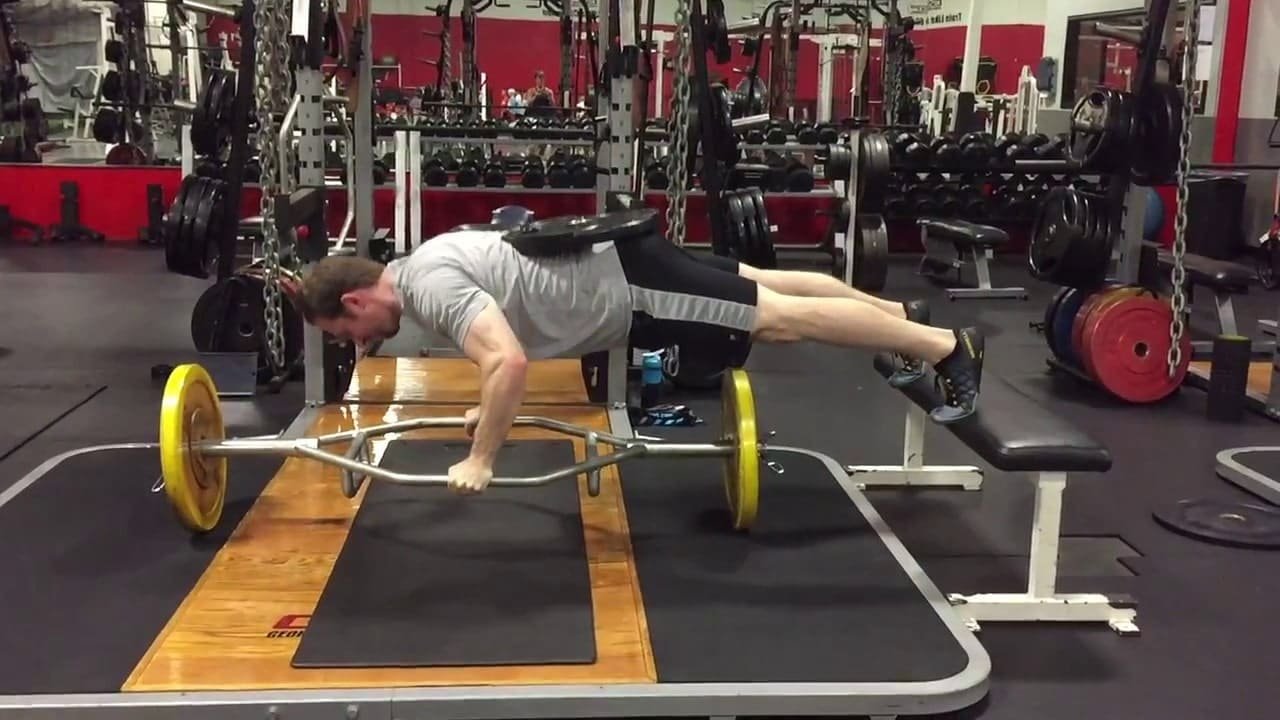
Definition of Horizontal Pull Exercises
The movements in horizontal pull exercises bring the weight toward the body in a horizontal plane. These activities principally focus on the muscles of the upper and centre back.
Importance of Incorporating Horizontal Pull Exercises
Incorporating even manoeuvre practices into your exercise routine is fundamental for accomplishing a thorough and robust wellness routine.
Benefits of Horizontal Pull Exercises
Improved Posture
Participating in even draw practices reinforces the muscles liable for keeping up with a legitimate stance, lessening the gamble of slumping or slouching.
Balanced Muscle Development
Targeting various muscle groups in the back ensures a balanced development, preventing muscle imbalances and related issues.
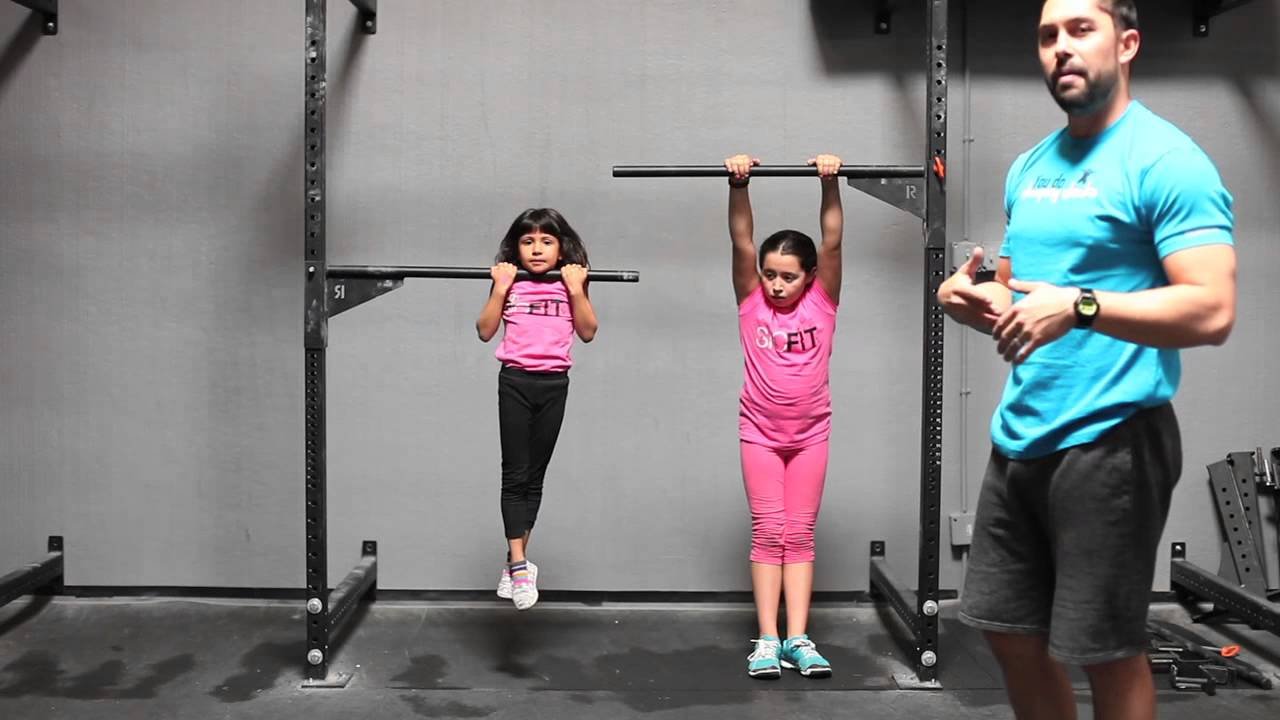
Increased Back Strength
Horizontal pull exercises significantly enhance overall back strength, supporting daily activities and athletic performance.
Injury Prevention
Fortifying the back endures these activities as a preventive measure against wounds, particularly those with unfortunate stances.
The Top 5 Horizontal Pull Exercises
Barbell Rows
One of the foundational horizontal pull exercises, barbell rows engage the entire back and promote muscle growth.
T-Bar Rows
T-Bar rows offer a unique variation, targeting specific areas of the back and providing an effective workout.
Single-Arm Dumbbell Rows
This exercise helps isolate and strengthen each side of the back independently, addressing muscle imbalances.
Inverted Rows
A bodyweight exercise and inverted rows are excellent for beginners and those aiming to develop strength without heavy weights.
Face Pulls
Face pulls are a well-rounded back workout that targets the upper back and shoulders. They improve shoulder health.
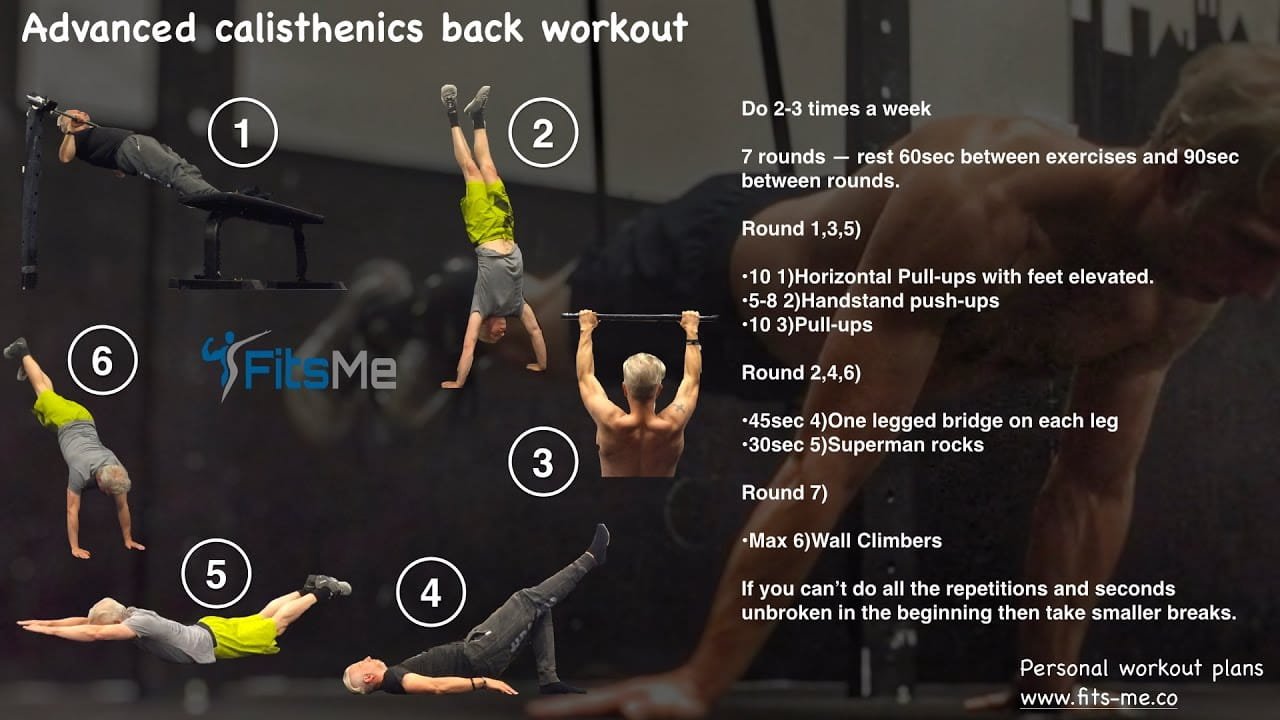
Proper Technique for Each Exercise
Barbell Rows
Keep your back flat and pull the bar toward your lower chest while keeping your elbows close to your body for effective barbell rows.
T-Bar Rows
Place your chest against the cushion, grasp the handles with an unbiased hold, and pull the load towards your mid-region, crushing your shoulder bones together.
Single-Arm Dumbbell Rows
Brace one hand and knee on a bench, allowing the opposite arm to hang straight down, and pull the dumbbell towards your hip.
Inverted Rows
Please set up a bar at waist height, lie beneath it, and pull your chest towards the bar while keeping your body straight.
Face Pulls
Pull the rope connection towards your face using a link machine, zeroing in on crushing your upper back muscles.
Incorporating Horizontal Pull Exercises into Your Workout Routine
Frequency and Sets
Include horizontal pull exercises at least twice a week with 3-4 sets of each exercise.
Common Mistakes to Avoid
Avoid swinging your body or using momentum, prioritize proper form, and gradually increase weights to prevent overexertion.
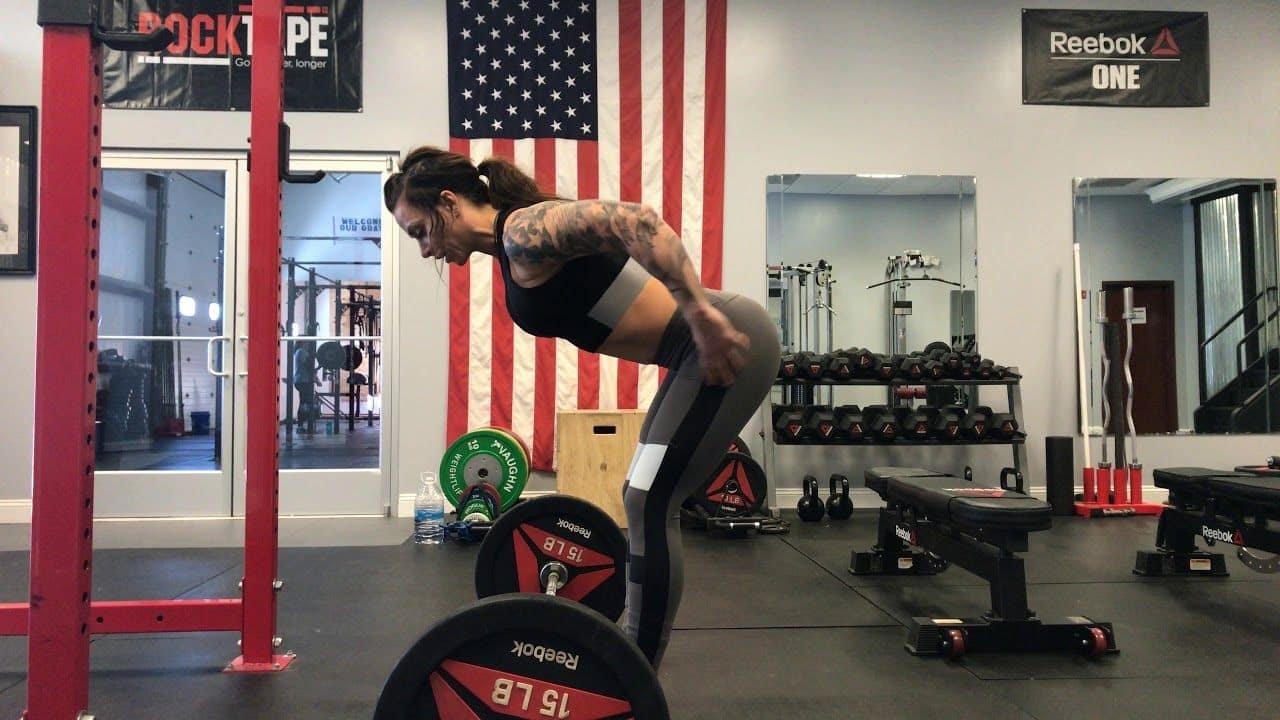
Equipment and Variations
Different Grips
Experiment with wide and narrow grips to target different areas of the back.
Machine Variations
Utilize cable and rowing machines for variation and to adapt to different fitness levels.
Sample Workout Routine
Beginner Level
Barbell Rows: 3 units of 10 reps
Inverted Rows: 3 sets of 12 reps
Intermediate Level
Ski lift Columns: 4 arrangements of 8 reps
Single-Arm Free weight Columns: 3 arrangements of 12 reps
Advanced Level
Rows with bars: 5 arrangements of 10 reps
Face Pulls: 4 arrangements of 15 reps
Progress Tracking and Adjustments
Importance of Tracking Progress
Keep a workout journal to monitor improvements in strength and form, adjusting weights accordingly.
How to Adjust Intensity
Gradually increase weights and incorporate advanced variations to challenge your muscles as you progress.
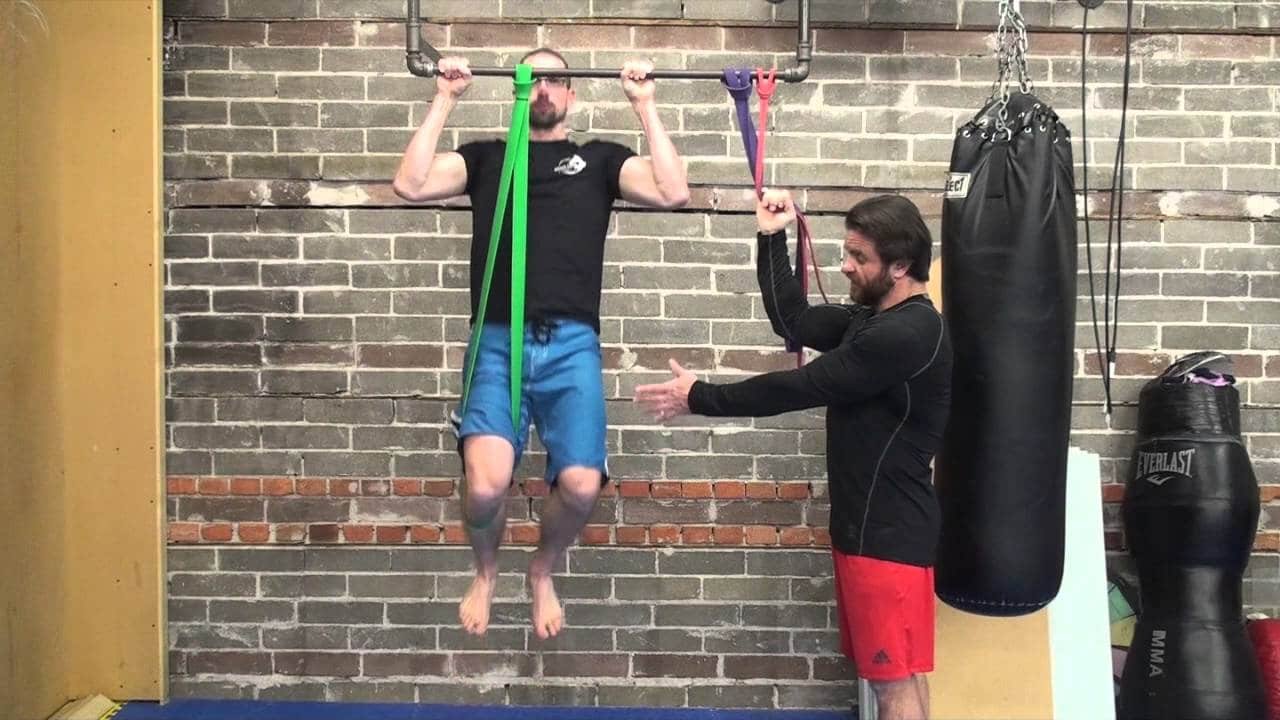
Combining Horizontal Pull Exercises with Other Workouts
Synergy with Vertical Pull Exercises
Combine pull-ups and horizontal pull-ups with vertical pull-ups for a complete back workout.
Complementing Push Exercises
Balance your routine by incorporating horizontal pulls with push exercises to ensure overall muscle development.
Real-Life Success Stories
Testimonials from Individuals Incorporating Horizontal Pull Exercises
Get the hang of rousing stories of individuals who changed their bodies and worked on their general wellness by reliably performing level force works.
Common Myths and Misconceptions
Debunking Common Myths
Address common confusions about level draw works out, underscoring their significance in a balanced wellness schedule.
Expert Tips and Advice
Insights from Fitness Professionals
Gain valuable insights from fitness experts on maximizing the effectiveness of horizontal pull exercises.
Staying Motivated
Setting Realistic Goals
To keep yourself persuaded as you progress through your wellness process, put forth feasible wellness objectives and celebrate little triumphs.
Celebrating Milestones
Recognize and celebrate upgrades in strength, perseverance, and, generally speaking, prosperity.
Conclusion
Recap of Key Points
Integrating the primary 5-level manoeuvre practices into your routine is a distinct advantage for accomplishing areas of strength for an injury-safe back.
Encouragement to Implement Horizontal Pull Exercises
Venture out towards a better back and, generally speaking, wellness by remembering these powerful activities for your gym routine daily schedule.
FAQs about Horizontal Pull Exercises
What system is wanted?
Barbells, dumbbells, resistance bands, cable machines, pull-up bars, and rowing machines are the various pieces of equipment.
What are the advantages?
Benefits include advanced upper body strength, posture, grip power, and decreased risk of shoulder injuries.
Can novices do them?
Yes, beginners can begin with lighter weights or assisted variations and progress steadily.
How regularly do I do them?
Aim for 1-3 instances in line with the week, bearing in mind good enough relaxation and restoration among classes.





